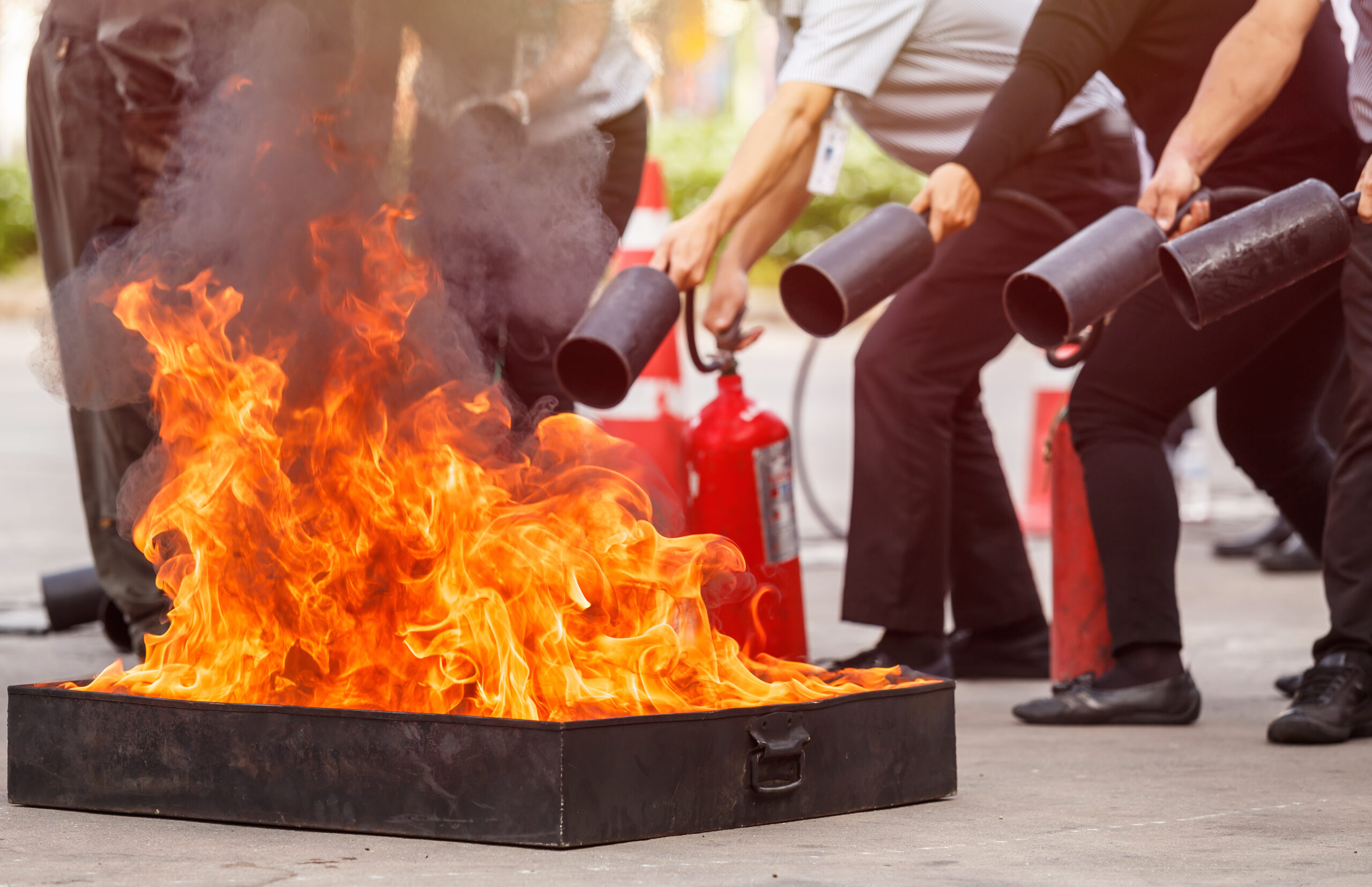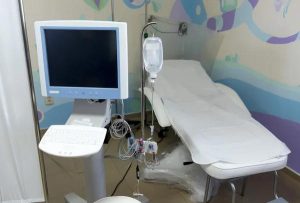In today’s world, the role of security personnel extends far beyond guarding assets and managing access. One of the critical aspects of their duties includes ensuring the safety and well-being of everyone within their assigned premises, particularly in crisis situations such as fires. Comprehensive fire emergency preparedness training for security personnel is paramount in equipping them with the necessary skills and knowledge to effectively handle such emergencies.
A foundational element of fire emergency preparedness training is understanding the basic principles of fire safety. Security personnel must be well-versed in the different classes of fires, the potential sources of ignition, and the materials that can fuel a fire. This knowledge enables them to identify and mitigate fire hazards before they escalate into full-blown emergencies.
Evacuation procedures are at the heart of any fire emergency response plan. Security personnel need to be trained in the intricacies of these procedures, ensuring they can efficiently guide occupants to safety. Regular drills are crucial, as they provide a practical framework for security guards to practice and refine their evacuation strategies. These drills should simulate various fire scenarios, including blocked exits and impaired visibility, to prepare the guards for real-life challenges.
While the primary role of security personnel in a fire emergency is to facilitate a safe evacuation, they may also be required to use firefighting equipment. Training should cover the correct use of fire extinguishers, fire blankets, and other firefighting tools. Guards need to understand which type of extinguisher to use for different classes of fires and how to operate them safely and effectively.
Effective communication is critical during a fire emergency. Security personnel must be adept at using communication tools to coordinate with emergency responders, inform building occupants, and provide clear instructions. Training should emphasize the importance of calm, clear, and concise communication to prevent panic and ensure a coordinated response browse this site.
In the chaos of a fire emergency, injuries are unfortunately common. Security personnel should be trained in basic first aid and emergency care to assist those who may be injured or overcome by smoke. This training includes CPR, treating burns, and managing shock, equipping guards to provide immediate assistance until professional medical help arrives.
The psychological impact of fire emergencies can be significant. Security personnel need to be mentally prepared to handle the stress and high-pressure situations that come with such crises. Training programs should include modules on stress management and psychological resilience, helping guards maintain their composure and effectiveness in the face of danger.






















